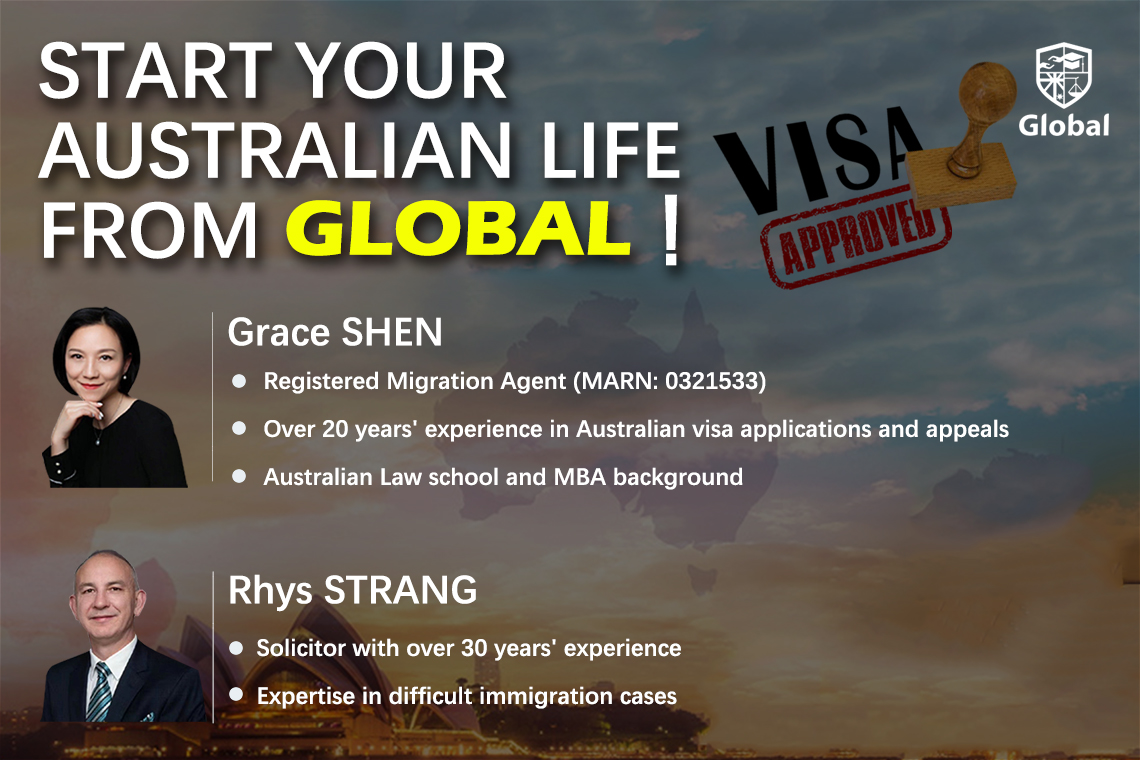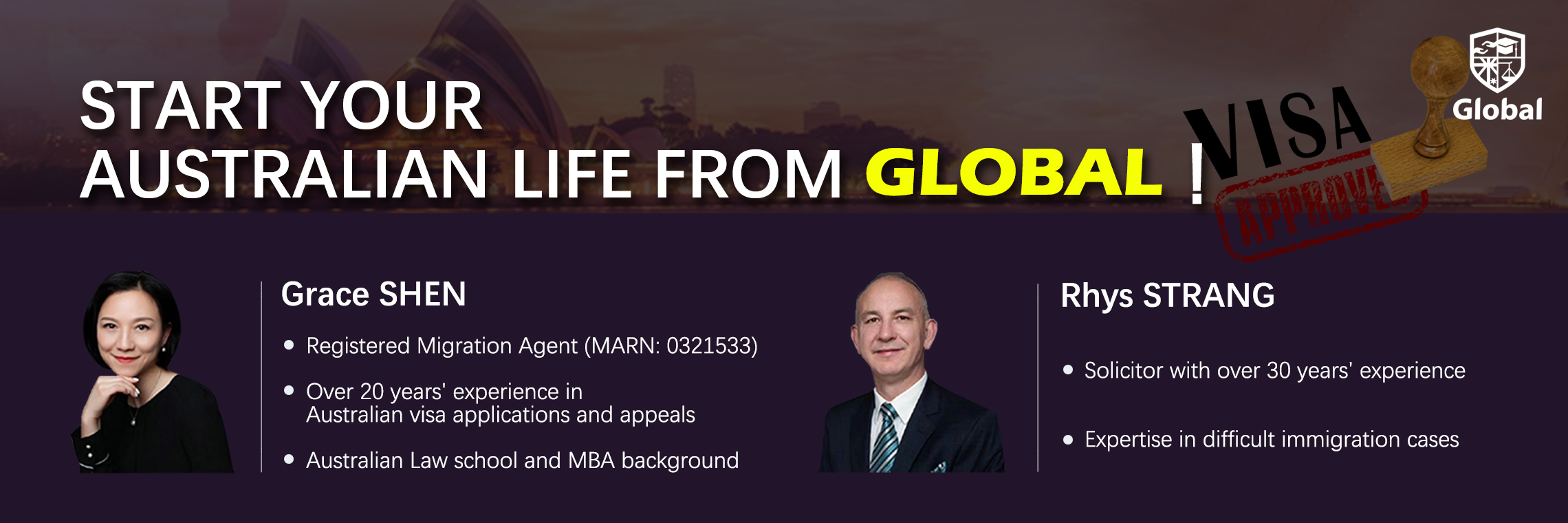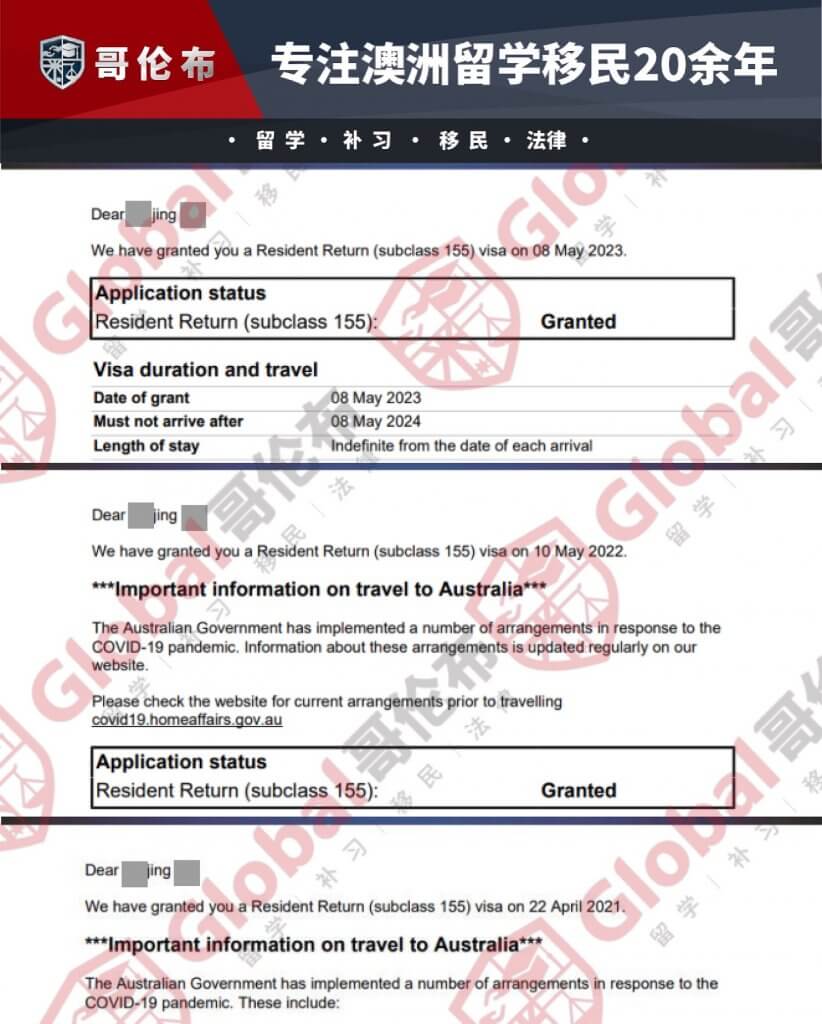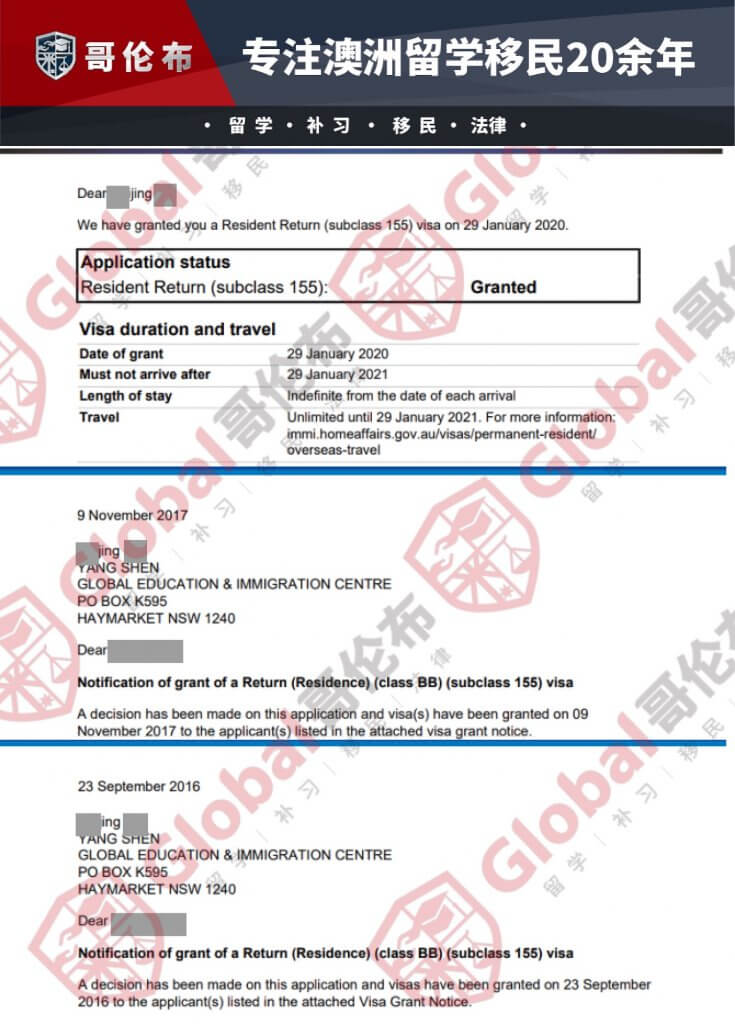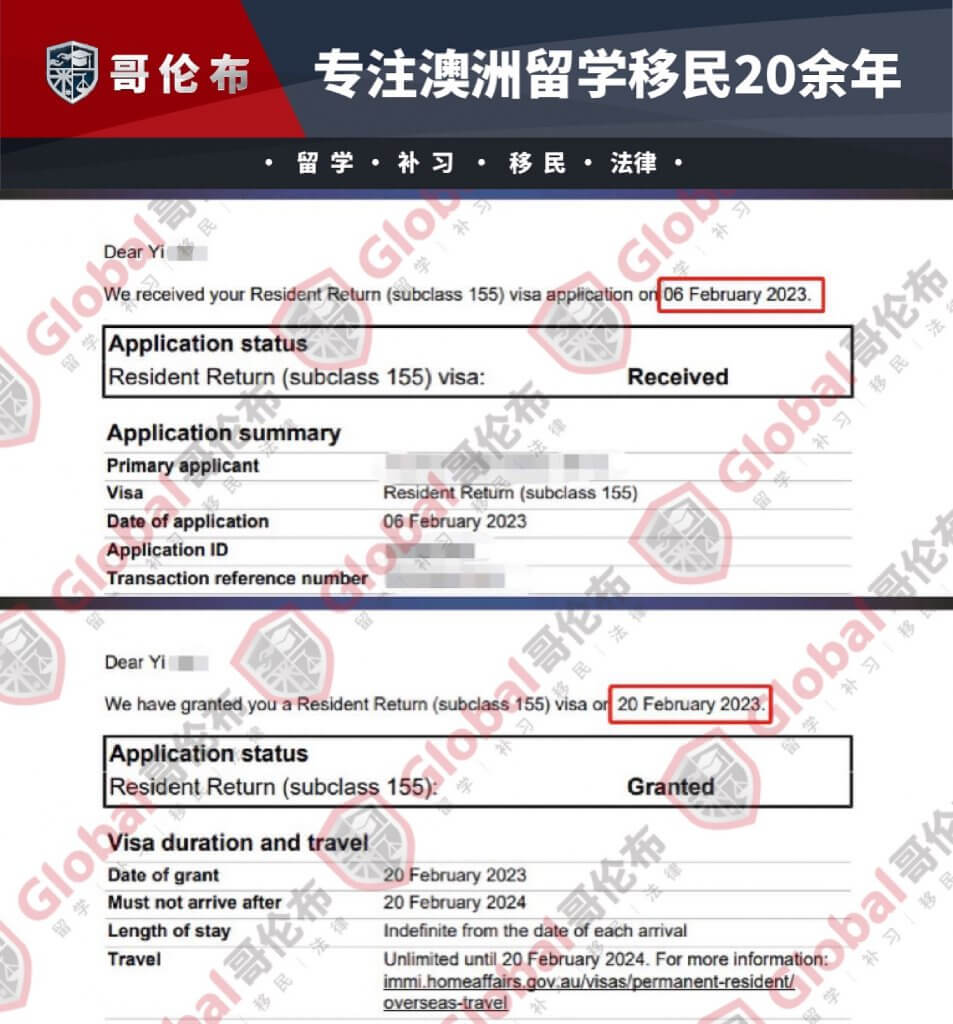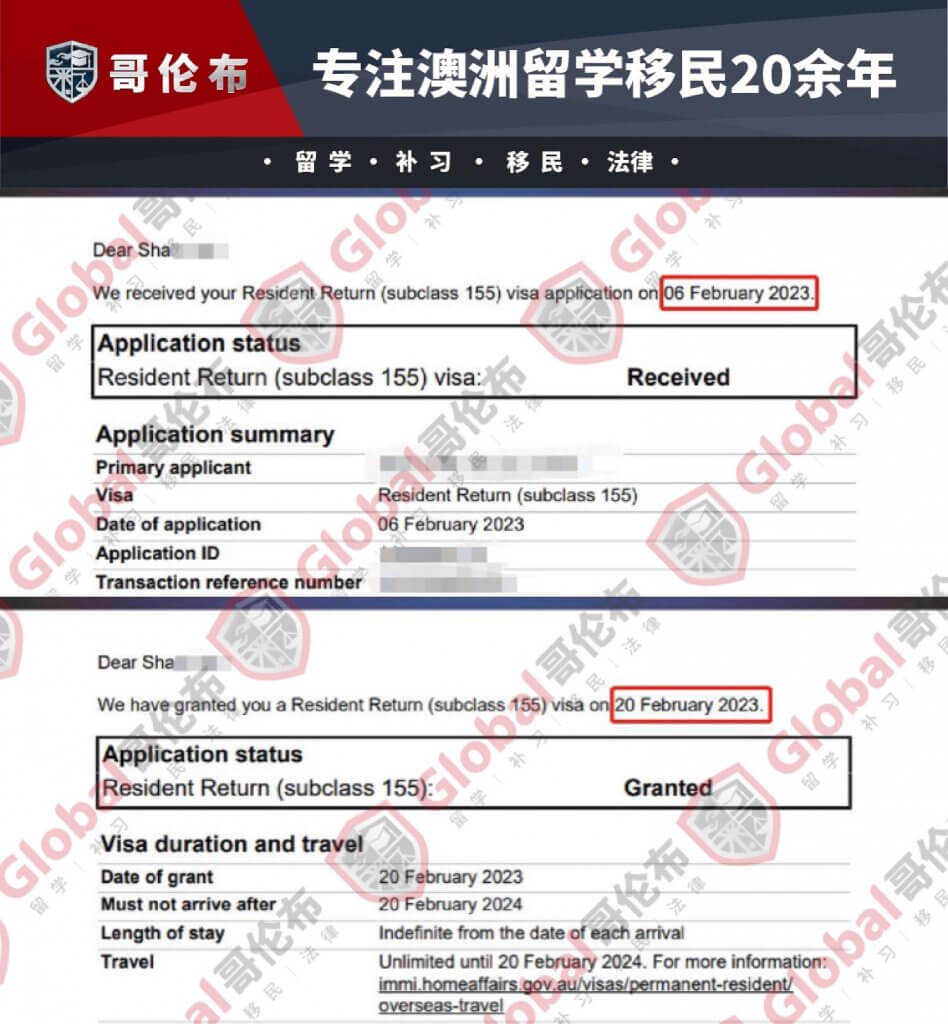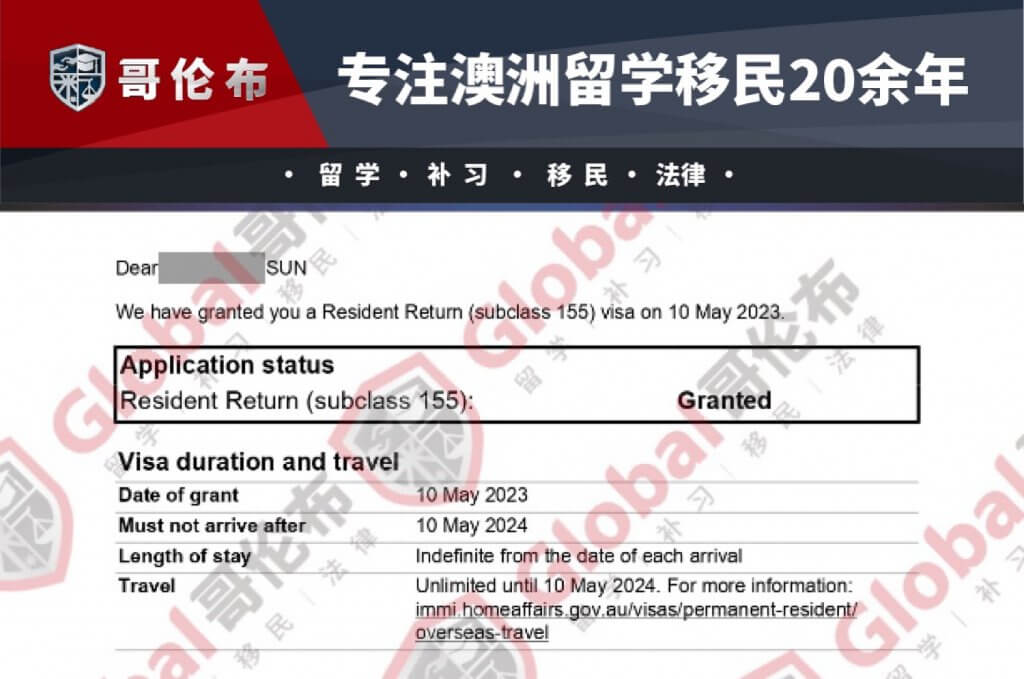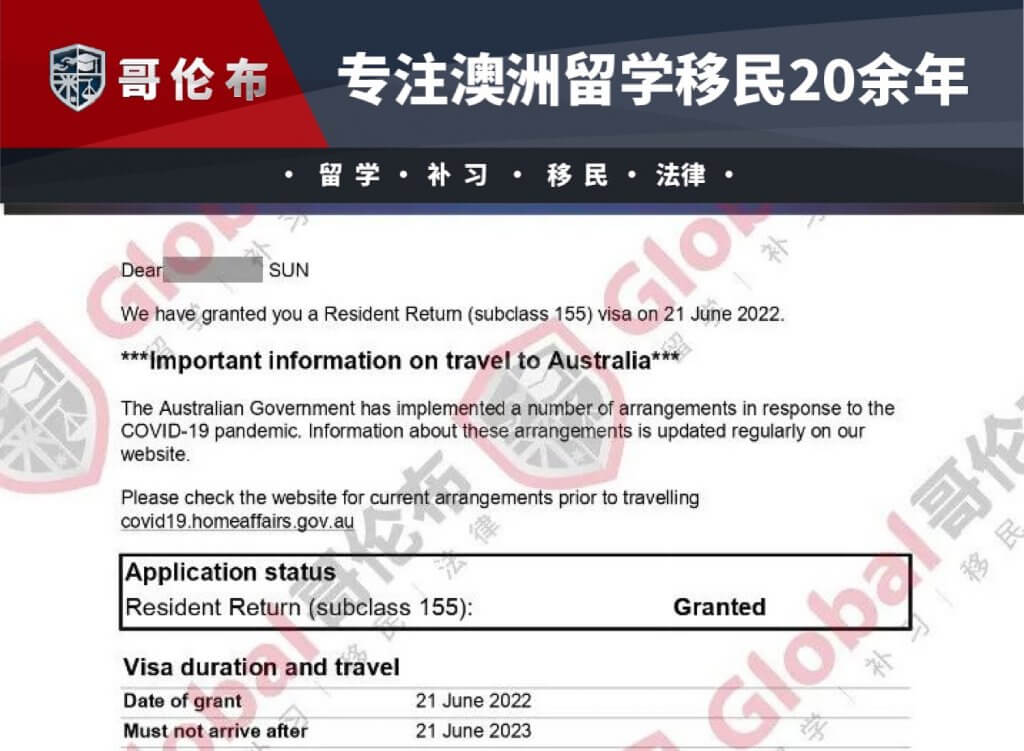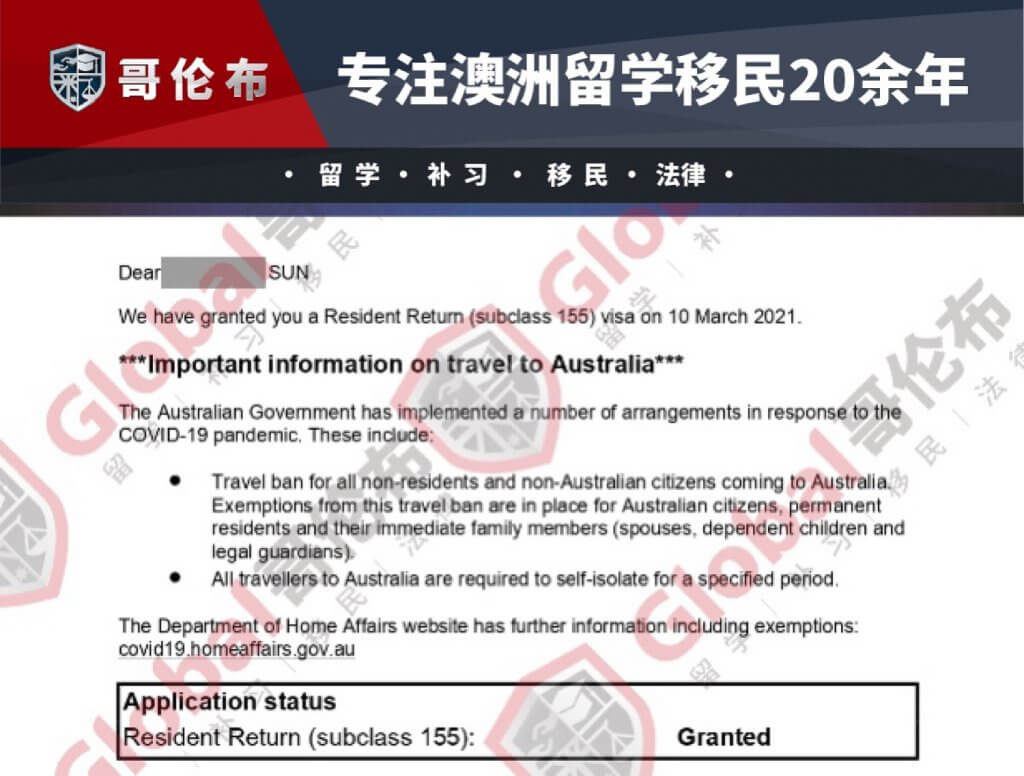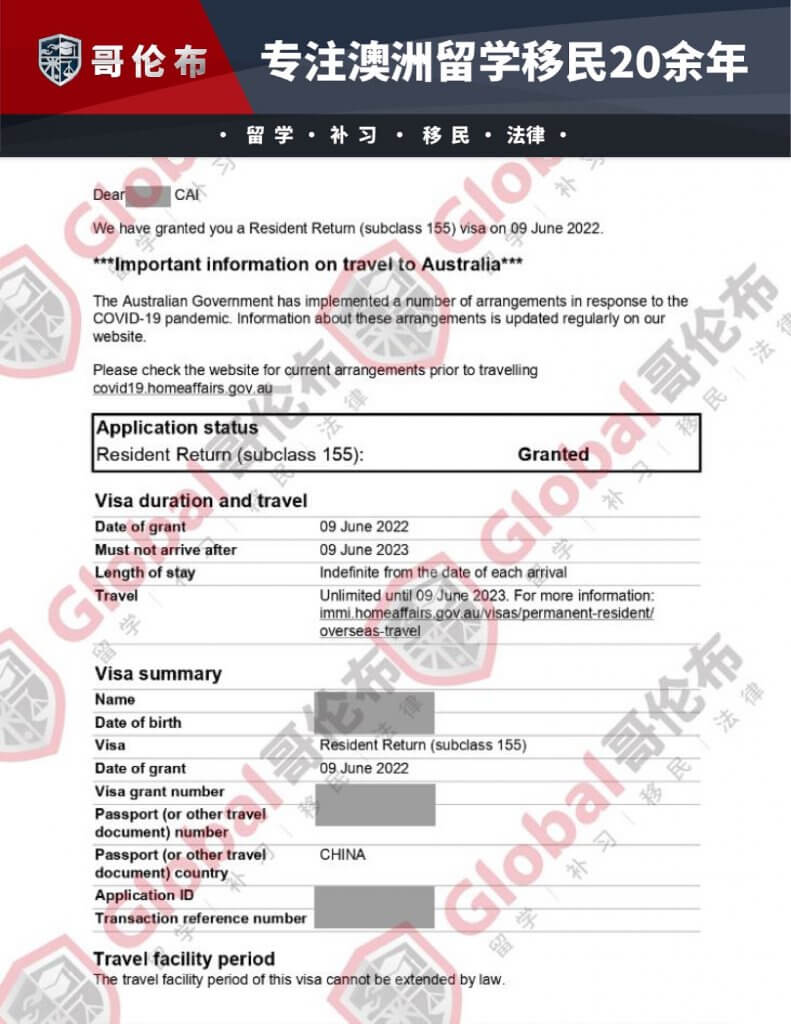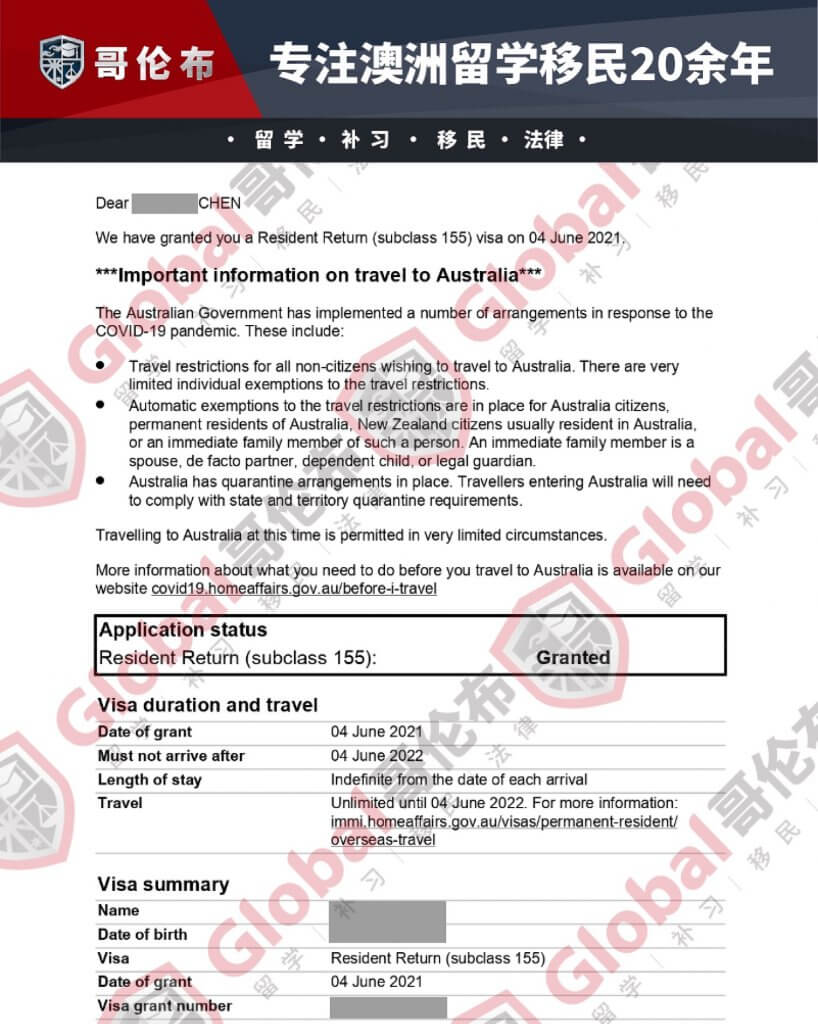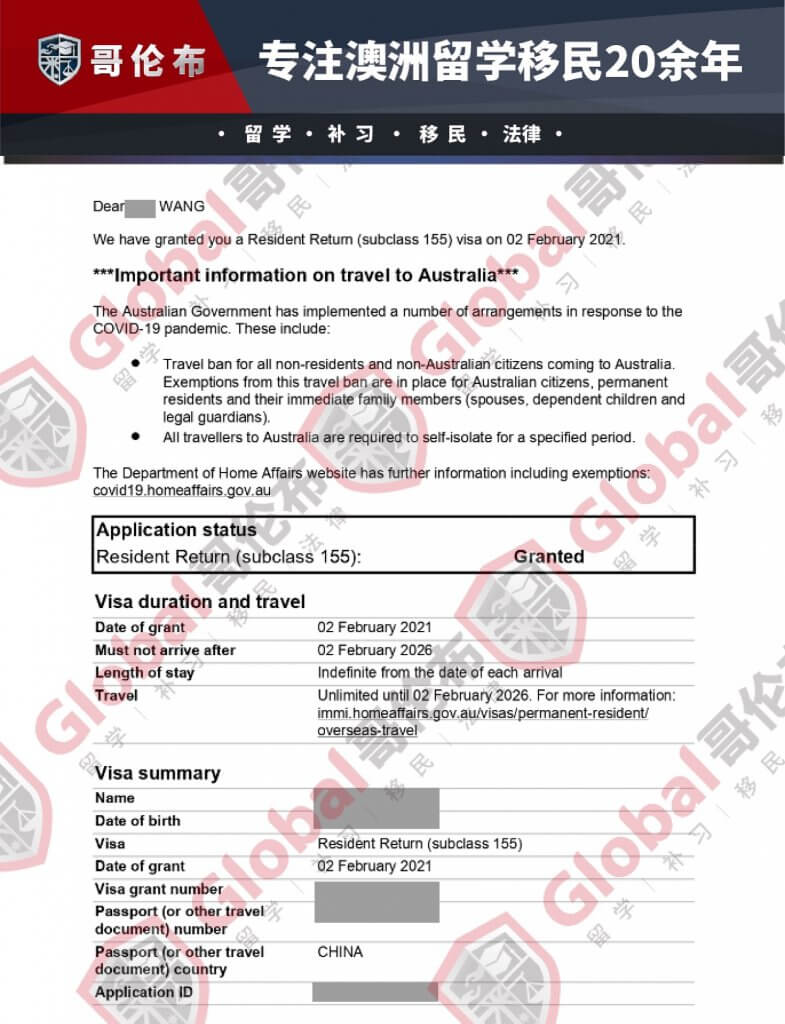- have been present in Australia for 2 years in the last 5 years as the holder of a permanent visa (or permanent entry permit), or as an Australian citizen, in which case you will get a 5-year travel facility
- be outside Australia and:
- not absent for 5 continuous years or more before the date of application (unless you have compelling reasons), and
- hold a permanent visa or last left Australia as a permanent resident or citizen (but subsequently lost citizenship), and
- be able to demonstrate substantial ties to Australia that are of benefit to Australia,
- be outside Australia and:
- were an Australian citizen or permanent resident less than 10 years before you applied, and
- not absent from Australia for periods that total more than 5 years (unless you have compelling reasons) between the date you left Australia as a permanent resident or citizen and the date of application, and
- be able to demonstrate substantial ties to Australia that are of benefit to Australia,
- be in Australia and:
- be able to demonstrate substantial ties to Australia that are of benefit to Australia, and
- not been absent for 5 continuous years since grant of your most recent permanent visa or when you stopped being an Australian citizen (unless you have compelling reasons)
- be the member of family unit of a person who already holds an RRV or has lodged a separate application for an RRV, and meets the time of application criteria for grant, in which case you can only be given a maximum 12 months travel facility.
- 2-year period is counted as 730 days
- 5-year period is counted back from the RRV application lodgement date (not from the date of RRV decision)
- date of arrival and date of departure are both included in the count of days in Australia. Only one day is counted if the applicant arrives and departs on the same day. Only one day is counted if a visa expires and another one is granted on the same day. A part-day spent in Australia by a permanent visa holder is counted as a full day.
-15-150x150.png)
